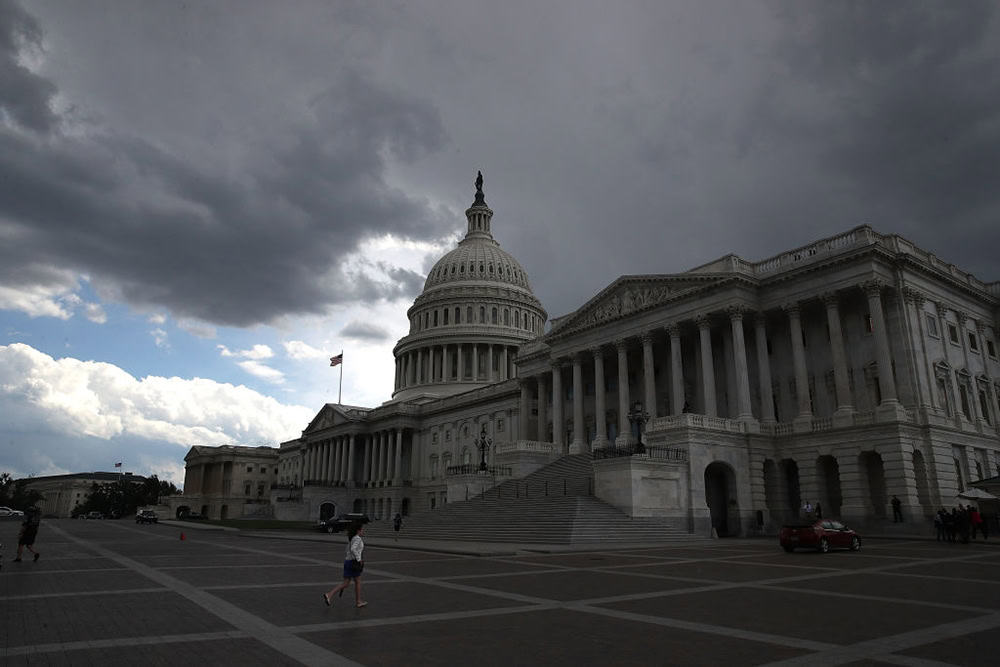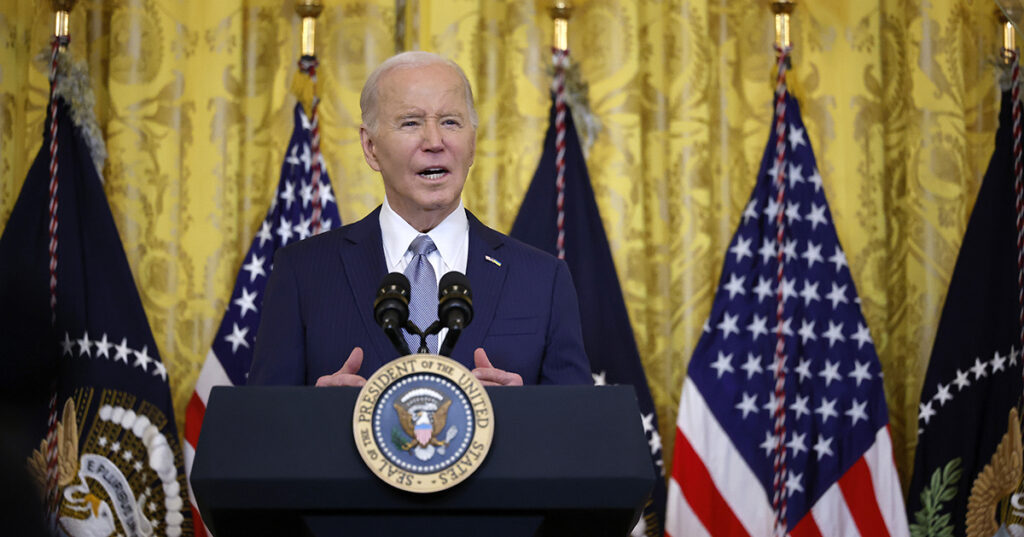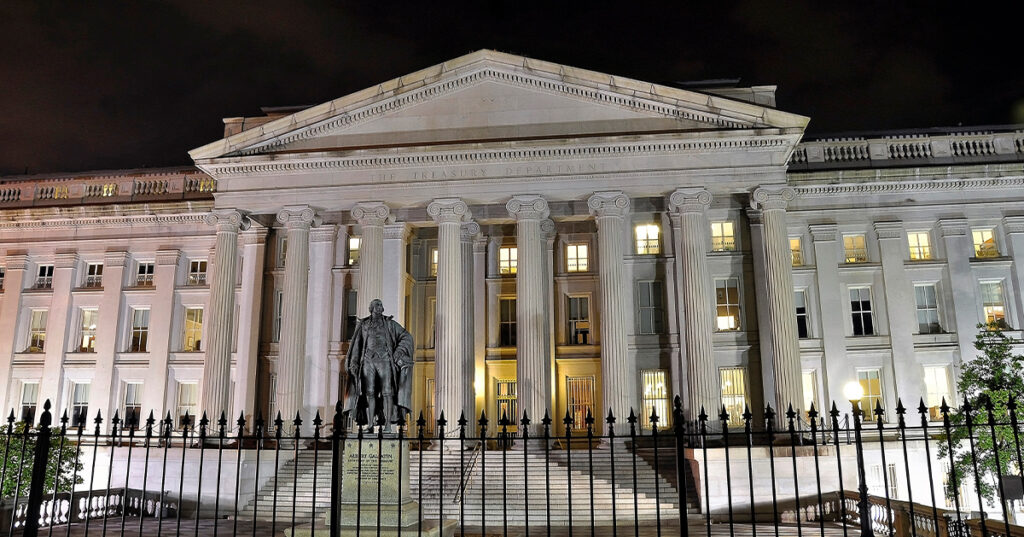What Are Interest Costs on the National Debt?
Interest costs are on track to become the largest category of spending in the federal budget.
Read MoreHow Does Government Healthcare Spending Differ From Private Insurance?
Government insurance programs, such as Medicare and Medicaid, made up 45 percent, or $1.9 trillion, of national healthcare spending.
Read More10 Largest Budget Functions
Here are the top ten spending categories for the federal budget.
Read MoreBudget Basics: What Is Sequestration?
Sequestration is a budget procedure used by lawmakers to cancel or limit funding in order to meet budget goals.
Read MorePresident’s Budget Would Reduce Deficits by Raising Taxes on the Wealthy and Corporations
While this budget would be a step in the right direction, it does not adequately address the underlying structural imbalance that defines our fiscal outlook.
Read MoreThe Highway Trust Fund Explained
The funding structure of the Highway Trust Fund requires serious, long-term changes, but how to approach reform remains a topic of debate.
Read MoreWhat Is the Earned Income Tax Credit?
The earned income tax credit (EITC) is a measure administered through the tax code to address poverty.
Read MoreDebt vs. Deficits: What’s the Difference?
The words debt and deficit come up frequently in debates about policy decisions. The two concepts are similar, but are often confused.
Read MoreHow Do States Pay for Medicaid?
Medicaid’s role in state budgets is unique, since the program acts as both an expenditure and the largest source of federal support in state budgets.
Read MoreInvesting in Kids Promotes Healthy Children, More Productive Adults, and a Stronger Fiscal Foundation
Research shows that investing in children can produce positive fiscal outcomes for the government.
Read More








